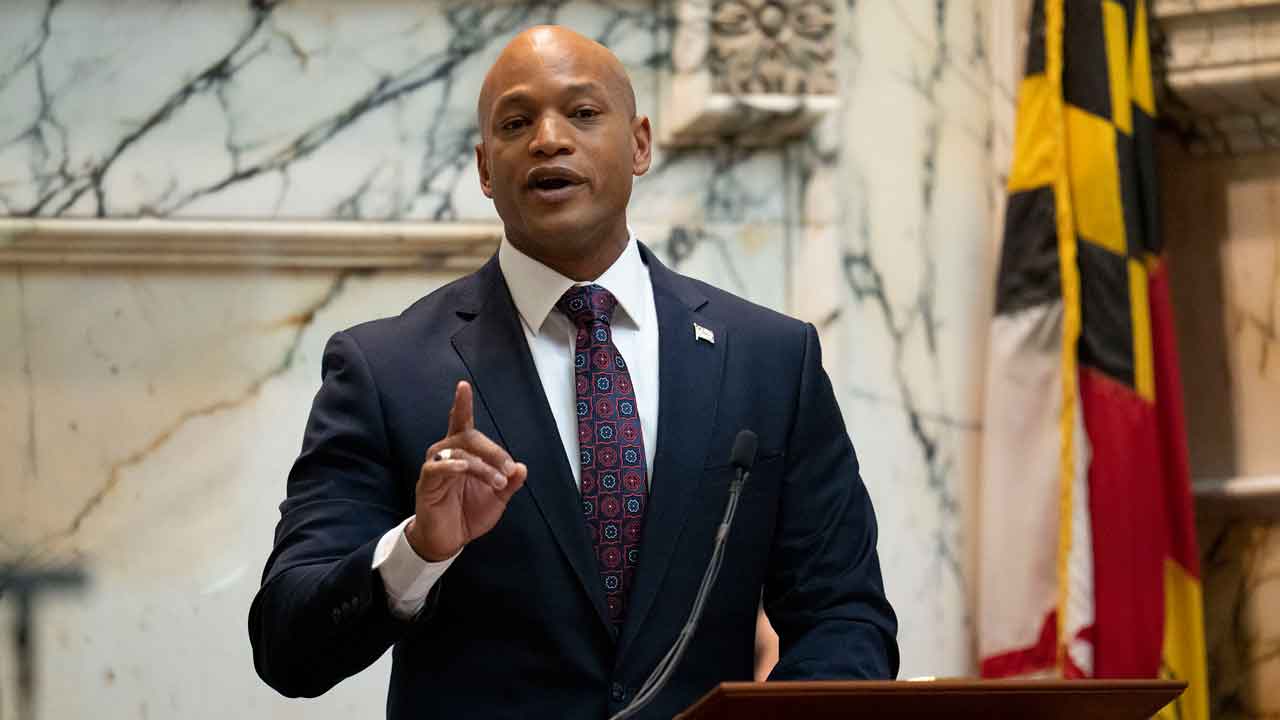Maryland governor to consider bill creating slavery reparations commission

Maryland lawmakers have taken a significant step towards potentially offering reparations for slavery in the state. A bill creating a commission to study and recommend slavery reparations is now awaiting approval from Democratic Governor Wes Moore.
The bill, which passed the state’s House by a 101-36 vote, includes various forms of potential reparations, such as official apologies, monetary compensation, property tax rebates, and social service assistance. This assistance could include help with down payments on homes, business incentives, child care, debt forgiveness, and college tuition payment waivers.
The Legislative Black Caucus of Maryland has been a driving force behind this legislation, with the goal of addressing the lingering effects of racial discrimination in the state. Baltimore County Del. Aletheia McCaskill, a Democrat, emphasized the importance of exploring reparations proposals that go beyond financial compensation to uplift vulnerable communities impacted by systemic racism.
Governor Wes Moore, Maryland’s first Black governor, has not indicated whether he will sign the bill into law. He has acknowledged the reality of racism in the state’s history and the ongoing structural impacts. However, he has also noted the challenges of a tough budget year and the need to consider the state’s economic growth when evaluating legislation.
If the bill is signed into law, Maryland would join other states like California and New York City in taking steps towards addressing historical injustices related to slavery. California passed a bill last year offering apologies for past racist policies and returning land or compensating families whose property was unjustly seized. New York City also passed legislation to study the city’s role in slavery and consider reparations for descendants of slaves.
As Maryland awaits Governor Moore’s decision on the reparations bill, the state continues to grapple with the legacy of slavery and racial discrimination. The creation of a reparations commission could mark a significant step towards acknowledging and rectifying these historical injustices.




